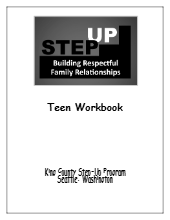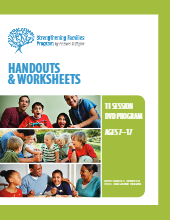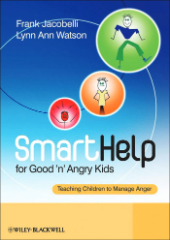
Introducing the Exploring Healthy Relationships Resource Pack, a comprehensive toolkit designed for 14-16 year olds. Created by young people, this resource aims to prevent domestic violence, promote healthy relationships, and enhance self-esteem. It provides educators and facilitators with engaging materials for empowering discussions and activities.
The resource pack covers essential topics such as understanding love, power dynamics, and recognising healthy behaviors. It includes activities like mapping relationship landscapes and analyzing the continuum of behaviors. Teens also learn about safety and support networks, including warning signs, safety tips, and developing a personal safety plan.
Furthermore, the resource pack focuses on feelings and self-esteem, providing journaling exercises, a feelings hand tool, and creating mood boards. These activities encourage young people to explore their emotions, enhance self-awareness, and develop a positive self-image.
Contents:
LOVE
What is Love
Power and Control Wheel
My Relationship Landscape
Continuum Line
True or False
SAFETY AND SUPPORT NETWORKS
Maps
Warning Signs
Safety Tips
Safety Plan
FEELINGS AND SELF ESTEEM
Journal Work
Feelings Hand
Mood Board
ASSERTIVENESS, BOUNDARIES AND GENDER
Healthy Core and Boundaries
Assertive Rights
I Statements
Beliefs and Attitude
Gender Roles
Boundary Setting
FREE PDF DOWNLOAD OF EXPLORING HEALTHY RELATIONSHIPS: RESOURCE PACK FOR 14-16 YEAR OLDS
SIMILAR FREE RESOURCES
Healthy Relationships: A Booklet for Teens
“Healthy Relationships: A Booklet for Teens” is a resourceful guide designed to educate teenagers on the aspects of healthy relationships. It covers topics such as respecting boundaries, handling disagreements, and understanding consent, in both in-person and online interactions. This booklet serves as a valuable tool for teens, parents, and educators, facilitating discussions about emotional and physical safety in relationships and promoting healthy interpersonal dynamics among teenagers.
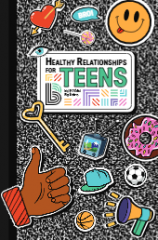
Creating a Youth Safety Plan
“Creating a Youth Safety Plan” is a guide providing strategies for young people to enhance their safety in potentially harmful situations. It includes practical steps for risk assessment and response planning, such as identifying trusted adults, safe locations, and essential items to have in case of emergency. This resource is useful for educators, social workers, and caregivers to facilitate discussions with youth about personal safety and to develop individualised safety plans.
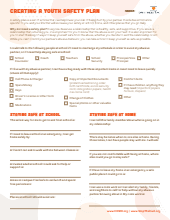
Healthy Relationships for Teens Toolkit
This toolkit by the Healthy Relationships Initiative is designed to help teenagers build strong, respectful, and safe relationships in all aspects of their lives. It includes reflection activities, conversation starters, and interactive exercises that guide teens through understanding boundaries, effective communication, conflict resolution, and healthy decision-making in dating, friendships, and family interactions. This toolkit also addresses the impact of social media, managing peer pressure, and recognising warning signs of unhealthy relationships, empowering teens to foster positive connections.
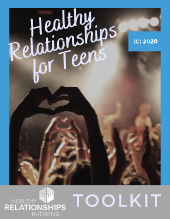
Healthy Relationship Wheel & Spectrum for Adolescents
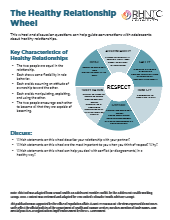
Friendship and Me: Teen Workbook
This workbook guides teenagers in developing meaningful and healthy friendships. It explores different types of friends, from best friends to acquaintances, and helps teens identify what they value in friendships. With practical tips on making friends, understanding give-and-take, and distinguishing between banter and bullying, it supports teens in recognising positive relationships. Activities like the “Friendship Flower” and “Recipe for a Good Friend” encourage self-reflection, while conflict resolution tips build problem-solving skills. This workbook is an essential tool for teenagers navigating friendship dynamics.

Step-Up Teen Workbook: Managing Conflict and Building Respectful Relationships
This workbook, part of the Step-Up Program by King County, Washington, supports teens in managing conflict and reducing violent behaviours within family relationships. It includes sessions on understanding anger, accountability, communication skills, and respectful behaviours. Through exercises on self-talk, empathy, and time-outs, teens learn strategies to handle difficult emotions and take responsibility for their actions. This resource is designed for structured group sessions, focusing on creating safe and respectful family dynamics by fostering positive change in teens.
